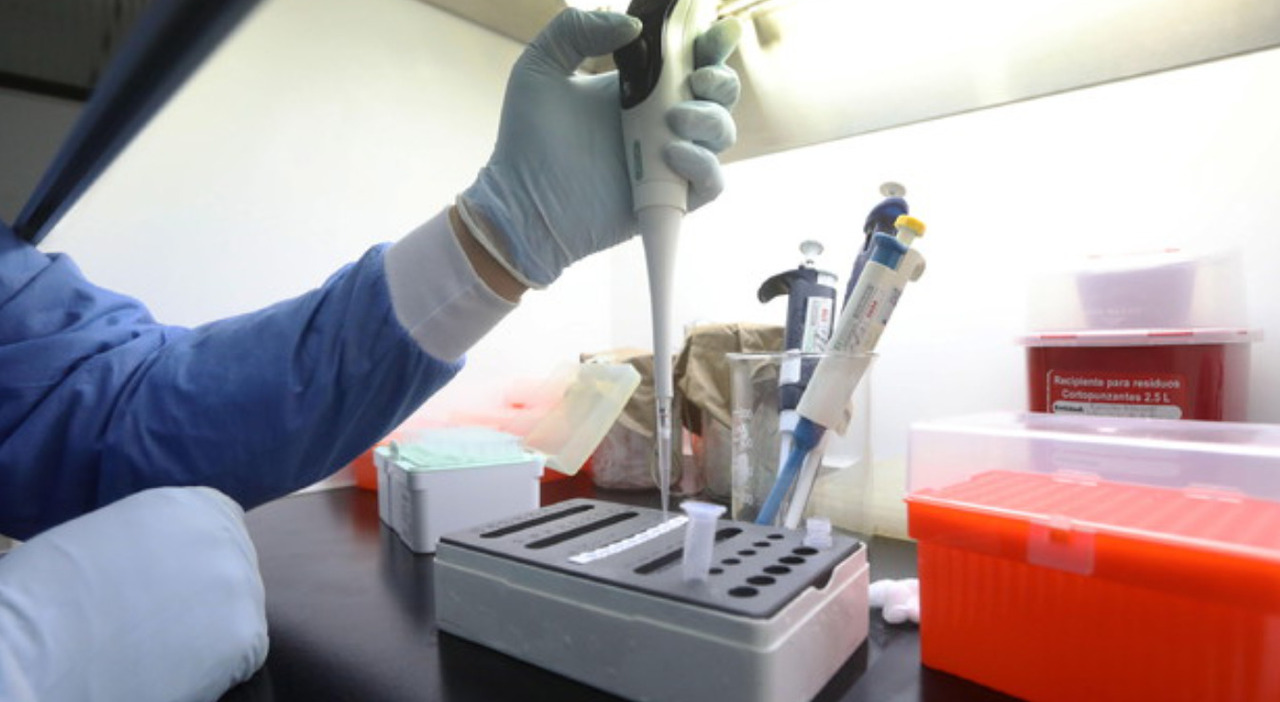Poor oncology drugs, both in terms of efficacy and safety, would have been used in at least 16 Italian hospitals. Numerous patients (including children) would thus have taken medicines imported from theIndia, low cost and not approved in Europe. A procedure put into practice by seven territorial health authorities, while the number of hospitals could be higher. An investigation by Bureau of Investigative Journalism“Politico” and “Il Fatto Quotidiano”.
FURTHER INFORMATION
Cancer, new drug for chronic myeloid leukemia. «Doubled effectiveness»
Celginase, the cheap drug imported from India
An Indian drug, the Celginase, would have been repeatedly imported from 2016 to 2023 even when, in Italy, a better but much more expensive drug was available and approved in Europe. All this, without any control of efficacy and safety by Italian or European drug regulatory authorities.
Shocking revelations
The vials of the Indian drug imported since 2016 could number in the thousands. According to the information collected – reports “Il Fatto Quotidiano” – the informed consent that patients (or parents, for minors) sign, only reports the name of the active ingredient (asparaginase) and which version it is (for example, native asparaginase or modified asparaginase). However, it does not report the brand of the medicine or the country of origin. It does not explain that Celginase is not approved by European regulatory bodies. It does not specify that according to scientific studies it does not meet the minimum manufacturing standards and does not reach the efficacy threshold necessary to treat cancer. It does not say that Celginase was preferred by hospital doctors who requested its importation over Oncaspar, a modified version of asparaginase approved in Europe in 2016. Oncaspar is considered by the international medical community to be the best available therapy against some cancers. In Italy there is often a shortage of Oncaspar. But taking advantage of an Italian law of 1997, which allows the importation of drugs not approved in Europe in exceptional and specific cases, some Italian hospitals were able to import Celginase even when Oncaspar was not in shortage. Celginase costs around 15 euros per vial, Oncaspar 2,500.
What the doctors say
There is no indication to use a native sparaginase (such as Celginase, ed), when there is Oncaspar, which has better tolerability and better efficacy,” he told “Fact” Attilio Guarini, hematologist and director of the Medical Area department, of the Iress Istituto Tumori Giovanni Paolo Il in Bari. «Maybe it’s a question of costs?». Asparaginase is a key treatment for acute lymphoblastic leukemia, the most common cancer in children, but it can also affect adults. Since asparaginase was introduced in the 1960s, the chance of total remission has risen to 90%. But it is essential that it is of excellent quality.
“We treat all of this type of leukemia with modified Asparaginase (such as Onscapar, ed)” – he explains Francesco Lanza, director of hematology at the Santa Maria delle Croci hospital in Ravenna. “Honestly – he adds – we never turn to India and China for oncological drugs, because they are only validated for their domestic market”. Out of 16 hospitals and 7 healthcare companies, only 7 responded. The National Cancer Institute specified that “8 patients were treated with Celginase, including 6 children, who are in remission”. He added that Aifa has never “provided information about potential harmful effects of Celginase.” The Irccs Besta Institute has denied having imported Celginase.
According to the 1997 law, neither the drug agency (Aifa) nor the Ministry of Health are responsible for the quality of non-European medicines such as Celginase. The only person responsible is the doctor who requests it. However, it can only do so for a small number of patients, for special clinical needs and in the absence of alternatives. For Celginase, the law seems to be used for routine imports, not exceptional, and that the 1997 law provides for them to be authorized by Usmaf, a branch of Health, not by Aifa. In Italy, in 2018, Aspatero was also used, another Indian asparaginase modified like Onscapar, but poor. It was imported by the Città della Salute Hospital of Turin and by the MBBM Foundation of Monza for 12 children suffering from leukemia.
In the event of a shortage of an Italian drug, AIFA authorizes importation from abroad, but no checks are envisaged. Writes the director Aifa, anna rosa marra: «The procedure for importing a drug from abroad, pursuant to the aforementioned Ministerial Decree of 05.11.2001 and the aforementioned Ministerial Decree of 02.11.1997, does not provide for the prior acquisition and evaluation of the authorization dossier, including preclinical and clinical trial data by the competent authorities, nor preliminary assessments of quality, efficacy or safety’. Aspatero proved to be insufficiently effective and caused side effects. As soon as possible, the children were given Oncaspar. Other European countries may also have imported substandard Indian asparaginase.
